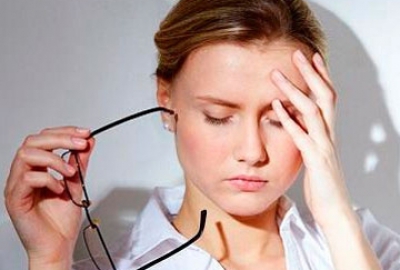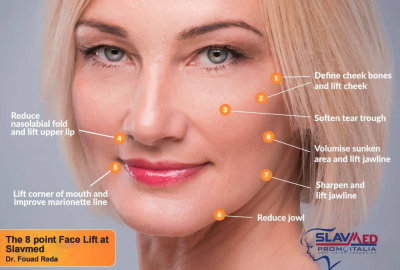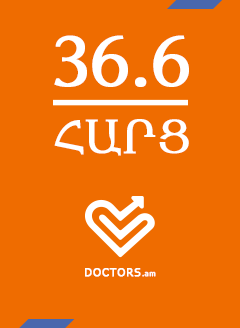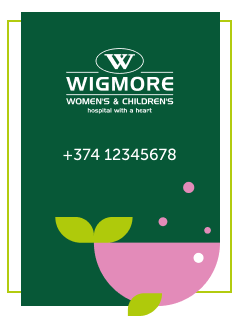What’s really going on in your head when you firmly believe that you saw your car keys in your bedroom and later find them in the kitchen?
It’s more intuitive than you might think.
According to Kimberly Wade of the University of Warwick, “Our perceptual systems aren’t built to notice absolutely everything in our environment. We take in information through all our senses but there are gaps.”
So, unintentionally, we adopt experiences that we’ve heard or exaggerate details to fill the holes in our memory. And this can happen to anyone, including those with excellent memories.
A recent study led by psychologist Lawrence Patihis evaluated the memory skills of 18 people with superb memories and 38 people with average memories. The participants were purposely given false information and shown altered images to see whether their brains would create a false memory. Results showed that the occurrence doesn’t discriminate: both groups experienced distorted memories.
Of course, these studies only refer to everyday memories – researchers do not subject people to a traumatic event in order to test their memory of it. Thus, according to the American Psychological Association, “because the issue has not been directly studied, we can not know whether a memory of a traumatic event is encoded and stored differently from a memory of a nontraumatic event.”

















